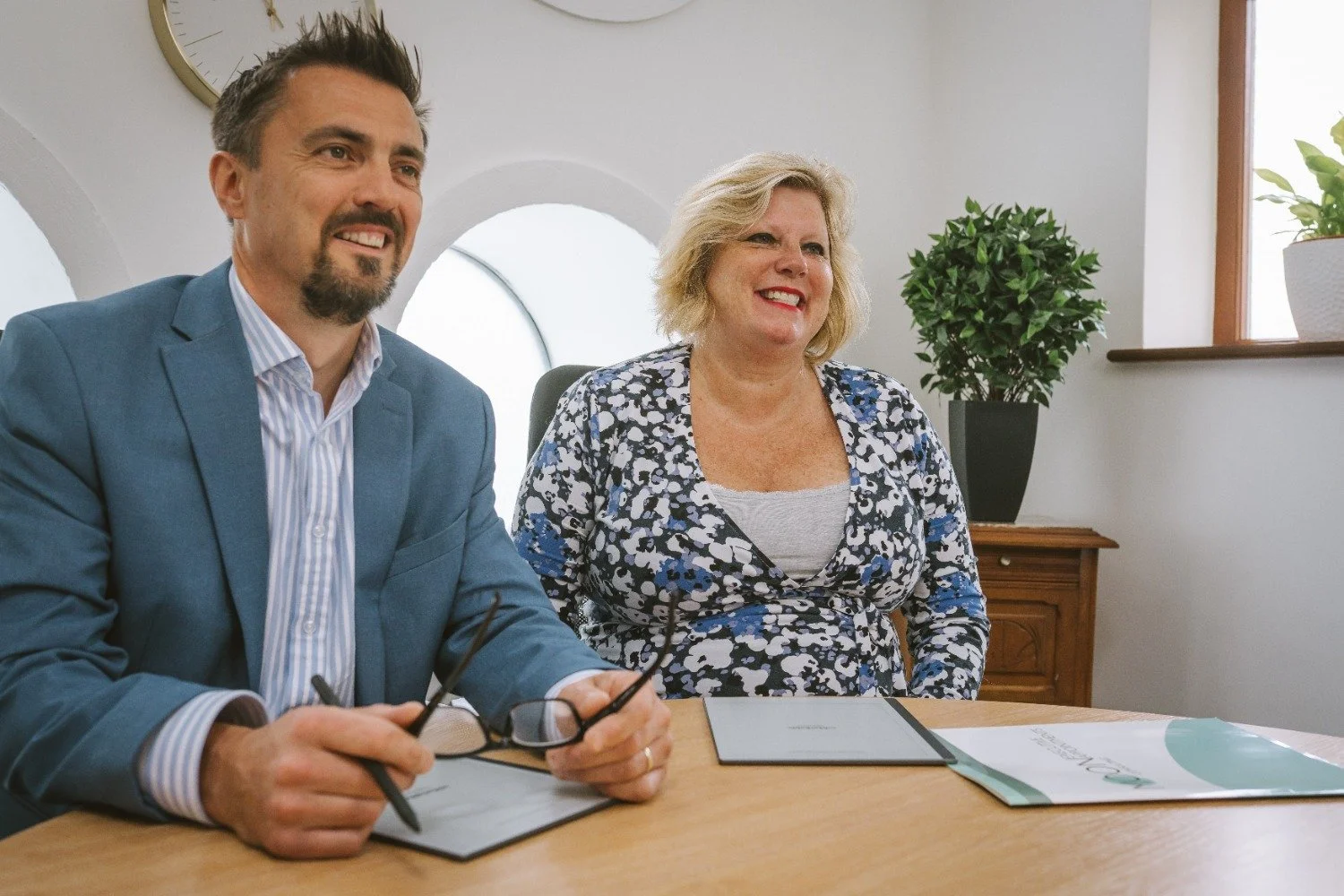What is a high-performance Board?
A view from our Leadership Consultancy Practice Lead
Leaders in an increasingly uncertain world are being asked to juggle priorities and make complex decisions at speed, often with less information and potentially higher risks.
Offering industry and sector knowledge and underpinning an approach on sound governance principles will create a good functioning board, but behaviours seem to really separate those Boards from a truly high-performing board.
Simon Quinn Director of Moon Leadership Consultancy discusses how high-performance lies in the ‘how’ – how decisions are made and how leadership is applied.
Strategic over Operational: Too often at Moon we see boards operating in the detail, rather than focusing on the horizon – monitoring performance rather than challenging strategy. High-performance boards spend their time assessing impact and anticipating market trends before they lead to potential problems.
Trust and Consistency: High-performance boards thrive because they invest time in building personal relationships, gaining a deeper understanding of individual strengths and styles. These relationships help the board transcend the functional, governance and process-led cohort, building trust, transparency and a collective intention.
Simon said, from his experience of working with boards to help shape their effectiveness, we see that boards that establish informal interaction between meetings tend to be more effective at breathing collectively, think independently and challenge authentically. This ultimately saves time and leads to better outcomes built on trust and consistency.
Constructive Tension and Debate: Having built this trust and transparency, the high-performance board in now able to avoid ‘group think’ more effectively. They feel comfortable with the uncomfortable, allowing room for disagreement in the debate, not simply for conflict but to embrace insight. This board moves with agility and challenges respectfully, and without ego, creating real psychological safety. Put simply, they welcome challenge, rather than just accepting it.
The Process of self-evaluation: Of course, all boards should have effective mechanisms in place to analyse their own performance. This is often done through a board skills gap analysis, regular reviews (including 360°) and revisiting the strategic plan etc.,. But high-performance boards go beyond this – they remain focused, they remain curious, and they remain ready to listen. This creates an environment that is humble, allowing space for regular reflection and learning, ensuring their organisation leans into industry trends, and avoids the danger of appearing to operate as an island in isolation from any social or economic changes around it.
Bravery amongst decisions: By remaining humble, listening effectively, and trusting the value of each Board member’s input, it allows high-performance boards to be brave when making those tough boardroom calls. Calculated risk is exactly that – it’s calculated, because the board has clarity, it has debated things carefully, and it now willing to stand by its decision – as individuals and a collective – however unpopular those decisions may have to be.
From over twenty-five years’ experience of working with high-performance boards, Moon has determined that often the best CVs do not translate to make up the best boards. Rather, we see that these boards are shaped by their behaviours, the interactions between the individuals, and their collective determination to work together to ensure that the old adage exists that the ‘whole is greater than the sum of its parts.’ This means that people don’t seek to ‘win’ debates, but add value, contribute effectively, and stress-test ideas.
Simon sums it up as, ‘To build a truly high-performance environment where a board can flourish and consistently deliver, it is essential to create psychological safety to allow for respectful challenge, to practice intentional listening to actively understand individual viewpoints, and to focus on the shared purpose of what is best for the organisation.
Bringing all this together is strong Chair facilitation that ensures the board discussion is guided to balance the debate and keep the agenda on track. A high-performance board is not static and is therefore constantly evolving – appreciating this will help deepen effectiveness and build mutual confidence.’
If you want to have a confidential discussion with our Leadership team about aspects of how your own board is operating, we would be pleased to hear from you. You can reach us welcome@moonexecsearch.com or 01275 371 200.
See our case studies here: Moon Leadership Consultancy Case studies


